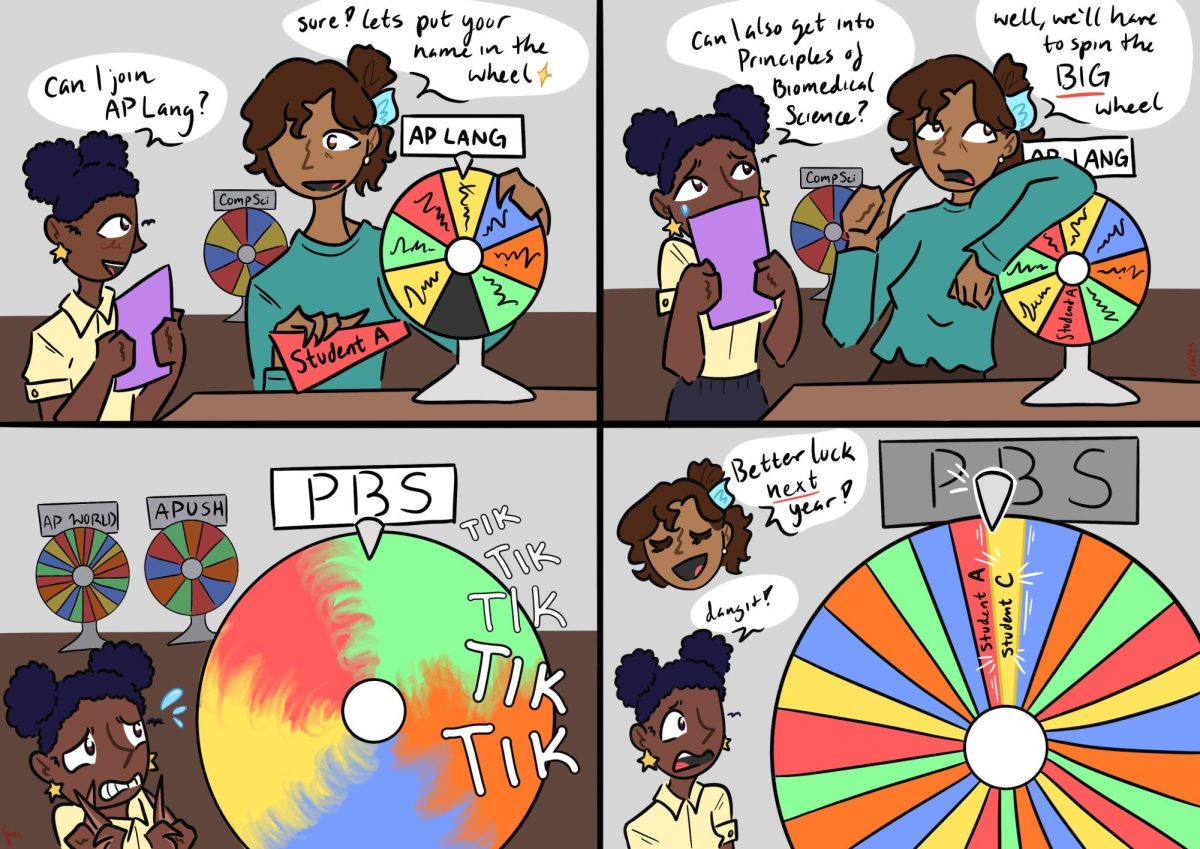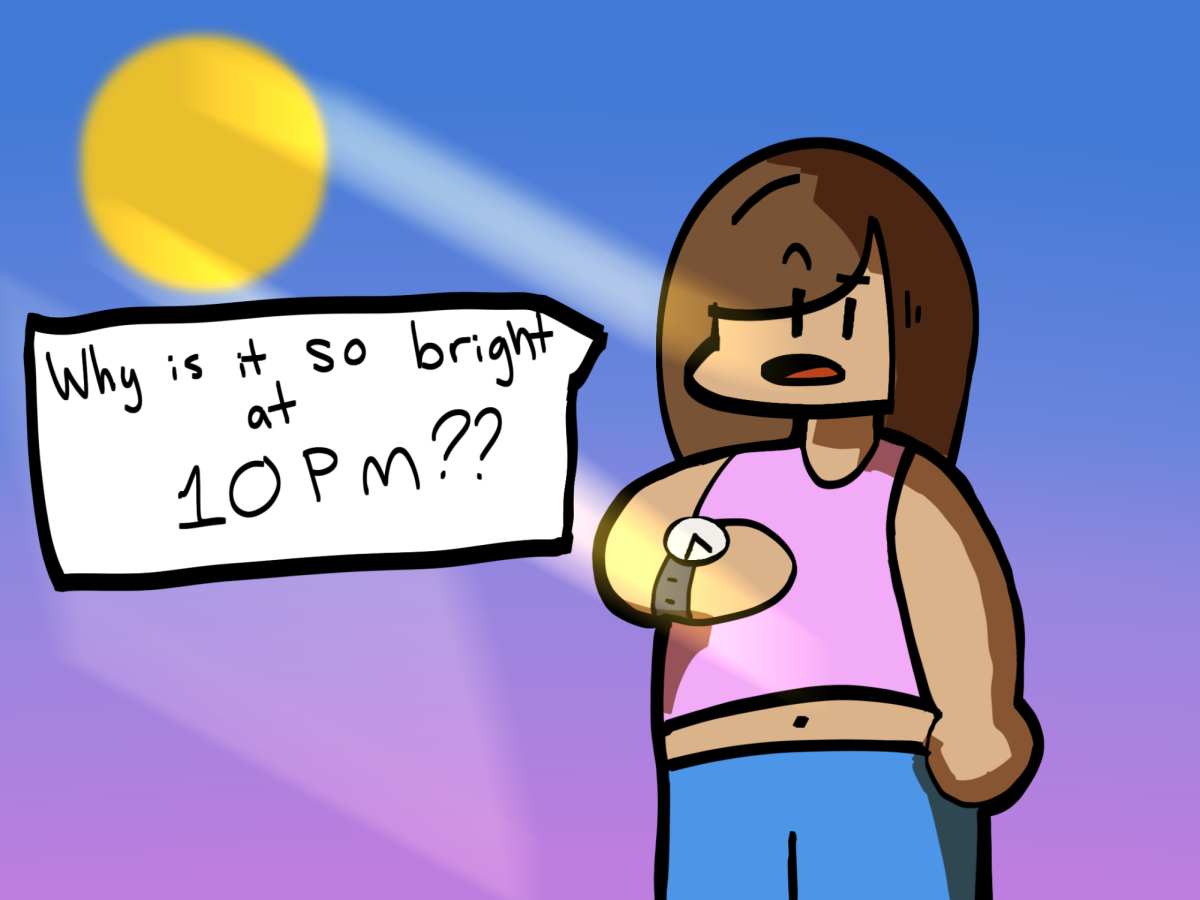The 113th Congress opened its doors last month, but little has passed back out other than congressional representatives and defeated bills, struck down by a heavily deadlocked congress
With the Republicans holding the majority in the House of Representatives and the Democrats seated deeply in control of the Senate, there has long been a congressional deadlock on Capitol Hill, which needs to be broken now.
The biggest problem, and the root cause of the deadlock, is the inability of politicians from opposing parties to compromise, make concessions, or even attempt to work together like real politicians should.
When Congress was formed, political parties were rare, forming only on specific problems for short times. When these heavily contested issues were no longer being debated, the parties disbanded.
Today, parties seem to be eternal and create divisions on not only policy, but also election goals and hopes for political favor. The goals of senators and representatives should be improving the United States, not political standings.
After the 2010 elections, Republicans focused their efforts not on trying to compromise with Democrats like true politicians, but on denying Obama a second term in office.
But Republicans are not the only stubborn political party. Democrats are as much at fault for the number of bills voted down because of the polarization of our political parties and deeply seated party allegiance of representatives and senators.
Many bills have been denied by either the Senate or the House and unable to become law, simply because the Democrats or Republicans were unable to work with each other to form a strong, working compromise.
The greatest deadlock was over the great “fiscal cliff,” where low taxes kicked in and federal spending had to be cut across the board. After weeks of debating, and fighting, a partial compromise was reached that barely kept the country from falling into massive debt while costing the average America thousands a year more in taxes. But the compromise failed to fully address the entirety of the economic issues resting in the lap of Congress.
Congress failed to extend a payroll-tax cut, which will cause the U.S. to lose a half point in gross domestic product, according to Bloomberg.com. With high unemployment, financial troubles in Europe, and a rising deficit, a politically polarized Congress is the last thing our economy needs.
Other important issues will not be addressed because neither party wants the other to be able to claim credit for successful policies. Both parties need political dirt to smear during election campaigns.
Chief among these issues is education reform. There are major problems with the American education system, ranked only 17th worldwide.
With No Child Left Behind expiring at the end of the school year and many schools far from the expectations, a Congress unwilling to pass a bill will soon find itself needing to make hasty reforms at the last minute, reforms which will end up no better than the fiscal cliff deal.
To thaw out this frozen Congress, both Democrats in the Senate and Republicans in the House need to reach across the aisle to create effective compromises by working with each other rather than against each other.
Allegiances should be owed to the people of the U.S., not the parties. Voters decide who goes to the House and the Senate, and voters expect these men and women to represent their interests, not only the interests of the parties at large.
In times of social, political and economic trouble, it is the job of our legislators to work together for the betterment of our country, not against one another for personal gain or political power.
Congressional representatives should be just that: representatives. But they do not represent the wishes of the people any longer. They now represent political ideals and intensely stubborn politics.
If this deadlock is not shattered soon, America will quickly suffer under the stagnation.


